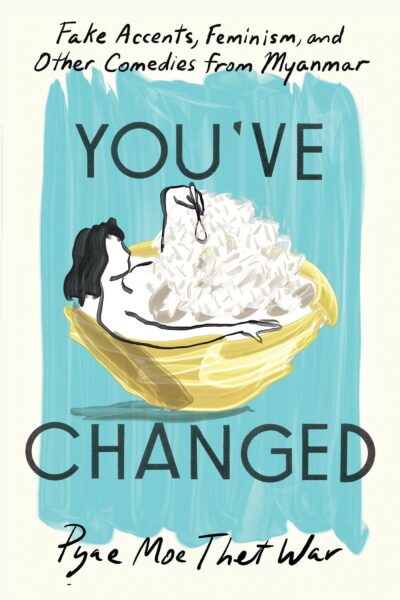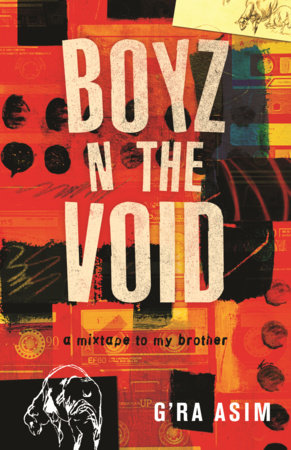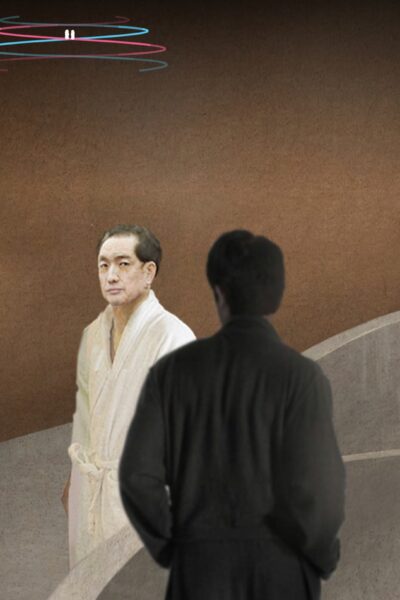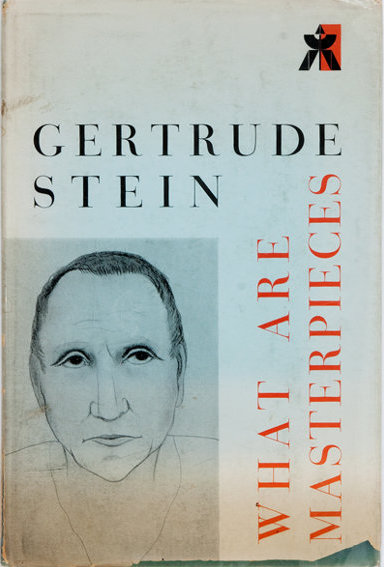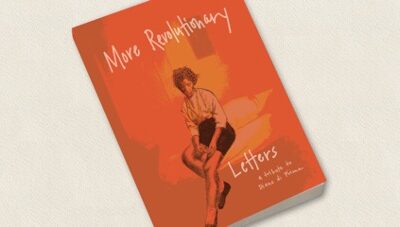You’ve Changed – Pyae Moe Thet War
In this sensitively observed collection, the freedom to define oneself is achieved not only through the rebellion against cultural constraints, but also the embrace of the provisional nature of identity.
No one can truly count on not ending up a montage of old photos, accompanied by piano music, a Hollywood voiceover, or a share button.
There’s Something Dangerous in ‘Antisemitism Studies’
The rest of the academic world has left the subject behind because we, ostensibly, already have institutes and authors to cover this subject. This situation is not inevitable, but only the result of the political right staking their claim to the subject of antisemitism.
Must Different Always Mean Marginal?
For Black people, the opportunity to explore and indulge non-racial angst is a sacred but not always convenient or respected imperative.
Instead of approaching these works as cautionary tales that invite us to be grateful for what we have, we could read them as a reflection of a violent landscape of desire.
Two Views on Encounter and Impasse
Because humanity in the flesh is prohibited within it, the DMZ as a domain not only compels but also in a sense, in its current state, requires speculation.
“There is Almost Not an Interval”: Composing in Steinian Time
Stein’s process moves in a way that creates an artifice of ambiguity and forms a structure that can reconfigure infinitely. There is a disruptive function to her use of repetition, a disorienting pulse.
To the reading eye, a solid block of text suggests a takeover. It demands immersion. It may not be easy to find your place once you look up from the page. It reminds us of the body’s limits.
Silent, Still, Singing, Still: Two Poets in Chorus
Look closely, and all things seem to have been touched by someone’s pain—all things optical, chemical, mechanical. Everything blossoms in destruction, everything is a deathly flower.
Keeping the Bear Afloat: Lessons from Diane di Prima’s Small Press Legacy
Fast-paced political publishing still exists, often a display of the power and potential that lies in thinking big and publishing “small.”


